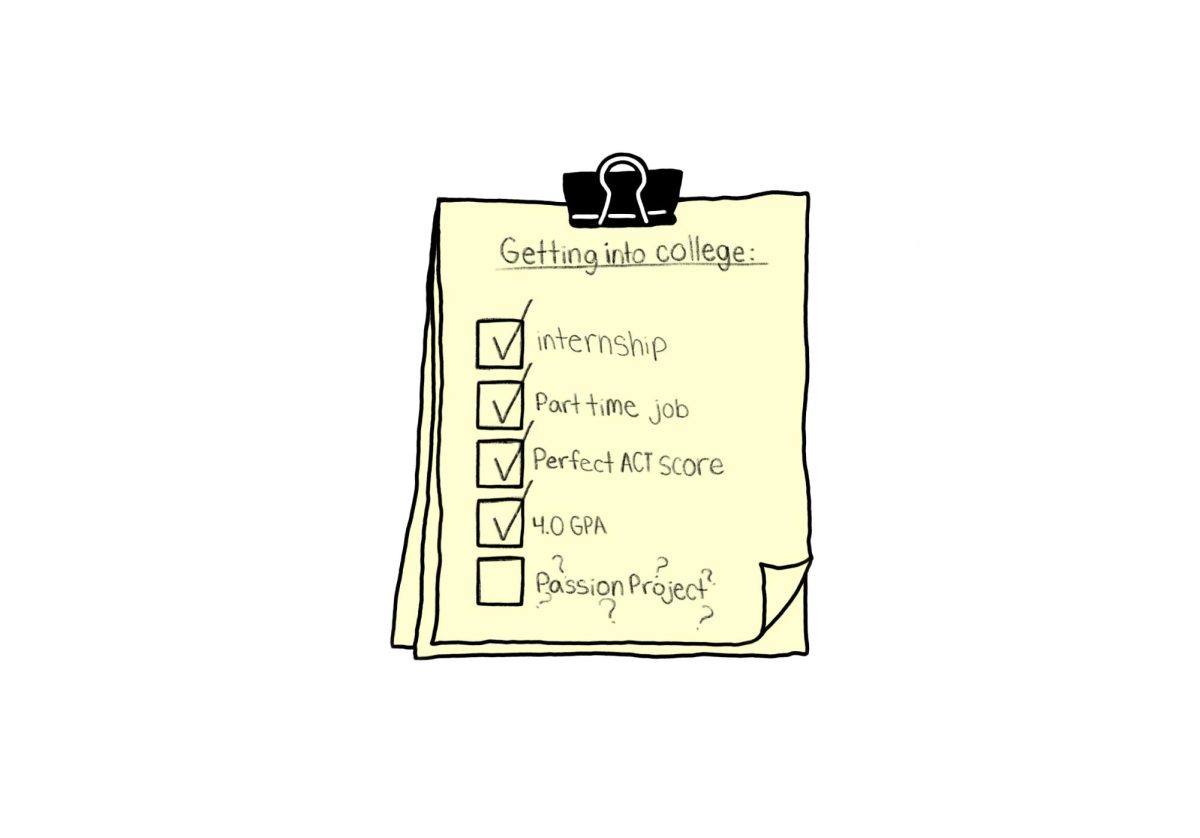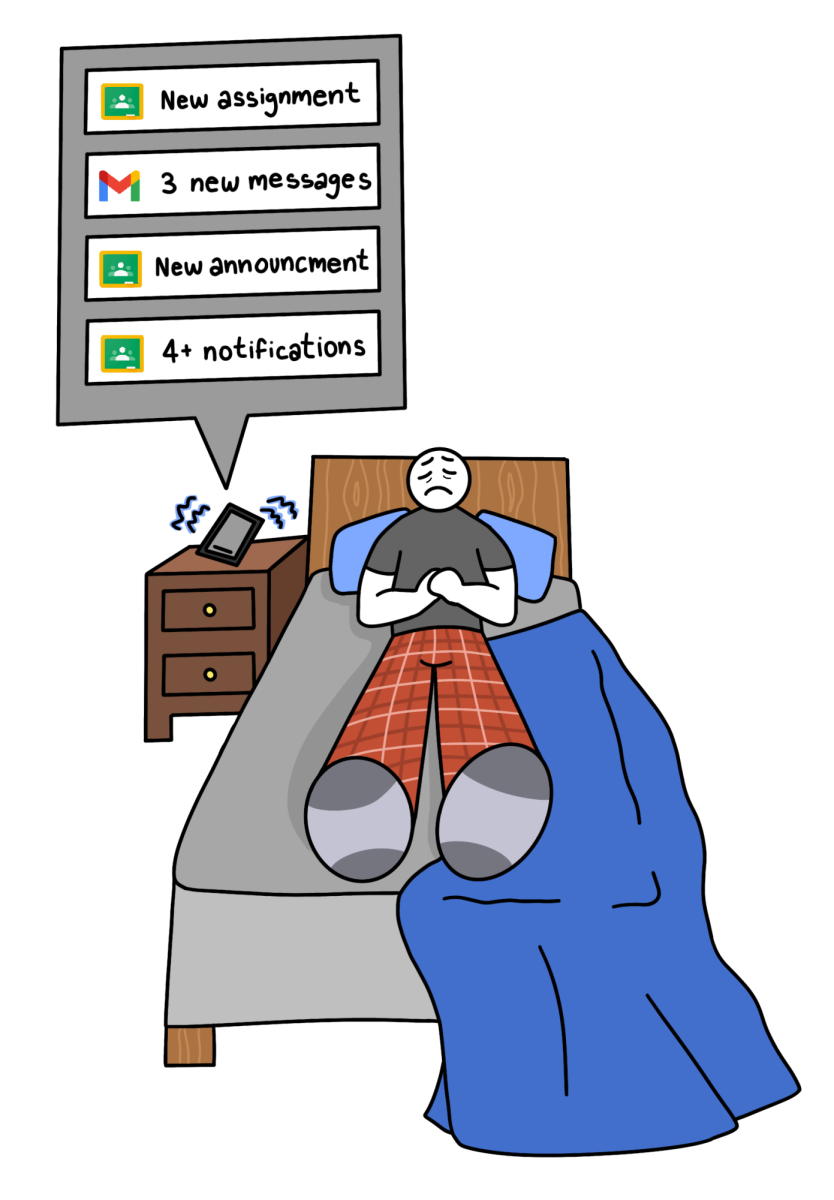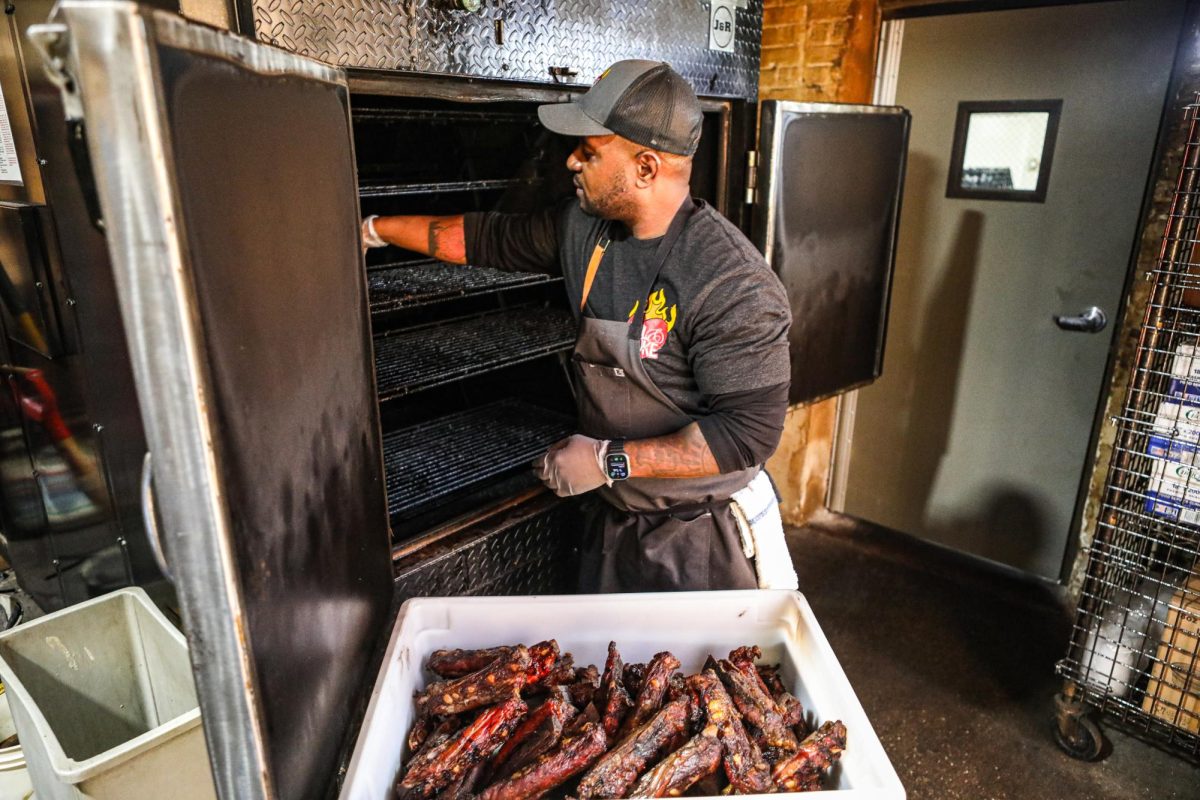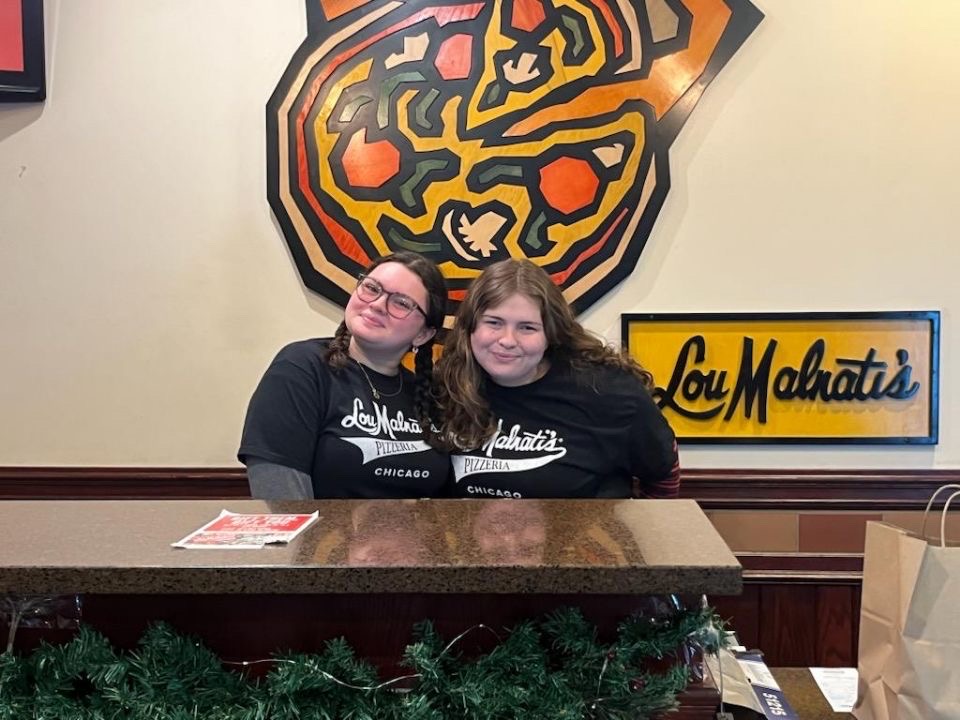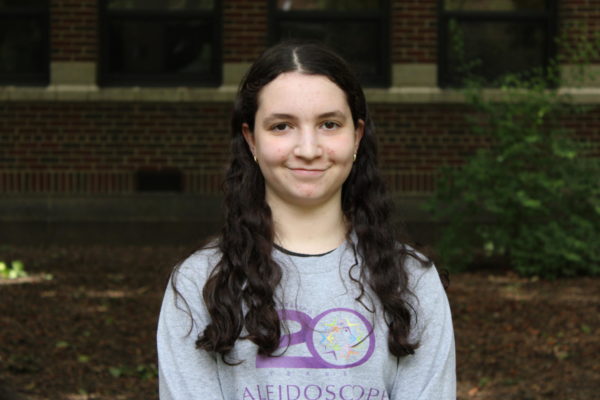Two varsity sports? Check. 10 extracurricular activities? Check. 12 AP classes? Check. A research internship? Check. A part time job? Check. A 36 ACT score? Check. A 4.0 GPA? Check. Check, check, check and check! As many high schoolers anticipate the college admissions process, a mental checklist materializes. And the college-bound student feels that if one box goes unchecked, the application to their dream school will be rejected. But what more could high schoolers possibly need for their college application? Aren’t good grades and a solid essay enough for colleges? Well, according to online college “experts,” most students are missing one critical part of their application: a “passion project.” College-bound teens’ feeds are inundated with articles and videos with titles like “30 Passion Project Ideas That College Admissions Love,” or “How a Passion Project Can Make or Break Your Dream School Application.”
Passion project: two words that haunt many students’ entire junior year. Standing alone, the two words seem harmless – what could possibly be so daunting about following your passion while helping your community?
For the college applicant, the conversation surrounding passion projects becomes more complicated when they hear people questioning the integrity of the idea. For example, in her article for the Michigan Daily titled “Stop creating fake passion projects for college admissions,” writer Rachelle Evans bashes the idea of the passion project, as “it undermines the work of real organizations and is harmful to the applicants themselves.” Evans believes that many of the nonprofit organizations established by students are themselves passionless and constitute a form of “lying.”
To clear up the mystery surrounding this buzzword, enter Beth Arey, college counselor at ETHS.
Contrary to the information spewed at teens online, Arey says passion projects are “not important” to a student’s application. She does not think students should feel pressure to do them. “It is neither a requirement nor an expectation,” she voices. In her nearly two-decade long career, she has never heard any college specifically ask for a “passion project.” To her, passion projects are “naturally developed through experiences.” She says she is “completely turned off” by students doing them in an effort to further decorate their applications. “You shouldn’t have to sit and think about what your passion project might be, you do a project because you have a passion,” she asserts. Furthermore, in Arey’s opinion, colleges can easily spot an inauthentic passion project. The time the student started it (freshman year versus the summer after junior year) and how students write about it in a personal statement are dead giveaways, Arey contends. She also debunks the popular belief that students who go after passion projects are always high-achieving. “The above average student who wants to go to a competitive college but doesn’t have many leadership activities or other things that ‘make them stand out’ is the typical passion project pursuer,” she informs.
While Arey discourages students from creating a passion project simply to check a box, there are examples of ETHS students who are pursuing authentic passions and changing their communities. Think more passion, less “project.”
In their freshman year of high school, ETHS juniors Linden Wadsworth and Chloe Von Hoff founded Play For Peace. Passionate about classical music (Wadsworth plays the flute and Von Hoff the violin), they wanted to connect with other student musicians and give back to the community. Play For Peace hosts charity concerts around the Chicago area, raising money for Everytown for Gun Safety, an organization dedicated to gun safety advocacy. Originally, Wadsworth and Von Hoff wanted to donate to a different organization every time they held a concert, but they soon realized the impact of focusing on one organization only.
Outside of heading Play For Peace, Wadsworth has been on the girls varsity tennis team since freshman year and involved with band, but does not feel the need to join any other extracurricular clubs. Play For Peace is labor-intensive: Depending on the week, Wadsworth and Von Hoff are either looking for concert venues around town, meeting with the sixteen other concert musicians, practicing their own instruments or actually playing the concerts, which are one to two hours long each.
“A lot of kids who play music are really high-achieving in other areas too,” Wadsworth tells me. “When deciding concert repertoire, meeting times and rehearsals, I try to keep it manageable for everyone.”
Over the past two years, Wadsworth and Von Hoff have proved they can successfully run a non-profit while in high school, raising over 3,000 dollars for Everytown for Gun Safety. Finding concert venues can be tricky for a group of high schoolers, but Wadsworth remains optimistic. “I hope to be able to branch out into different genres of music and get more people involved,” she comments. “As Chloe and I get closer to graduation, we also hope to pass leadership onto someone younger so it can live on.” Wadsworth acknowledges the benefits of an achievement such as this. “It does look good on college applications, but really I started this project because I love playing music.” Wadsworth is not interested in continuing music at the college level. “That fact is motivating me to do as much with it as possible now.”
Wadsworth acknowledges her excitement in raising as much money as possible, but that the true gratification comes from the concert itself. “If we all sounded good, and the people watching were entertained, then it was a successful concert,” she concludes.
The idea of “passion projects” seems to have exploded in the last couple of years. But, unbeknownst to most students, ETHS once offered a class devoted to just that idea. Senior Studies – a class only available to seniors that provided a history, english and community service credit – was founded in the 1990s by current teachers Makoto Ogura and David Allen. “What would a class look like that allowed students to see the community as a classroom?” Ogura posed. Originally a class aimed at students struggling academically, it saw a mix of high-achieving and underperforming students. In the first semester, students ventured into Chicago, did service projects and wrote a proposal for their own “passion project” of sorts. Come second semester, students had free range to figure out how to get their projects up and running.
Empty Bowl, a tradition now engrained in the ETHS Community Service Club, was created by a student in Senior Studies. And Ogura confirms, the projects themselves were pure passion. The teachers did not assign work; they just assisted the students with the logistics of their projects and informed them about matters in their community. Senior Studies also birthed an ETHS deaf-theatre production of The Velveteen Rabbit, and inspired a student to build tiny houses. In order to complete their projects, students had to meet with an “expert” in their field that gave them advice. Senior Studies ended after 2020, when the pandemic – and Zoom – proved too difficult to continue the class. “If ETHS brought Senior Studies back, it should be something different,” Ogura relays, “it is a different world from when we began the program.” While Senior Studies was certainly an unconventional class, “students who took senior studies ultimately had a much more powerful college application than if they had done a more traditional education,” Ogura comments, echoing the popular sentiment that passion projects make an application more impactful.
Passion projects raise many puzzling questions: What constitutes one? What do colleges look for in one? Do colleges even value them? But, throughout college applications and in life, it is passion itself that remains the important constant. In the end, passion will prevail.


